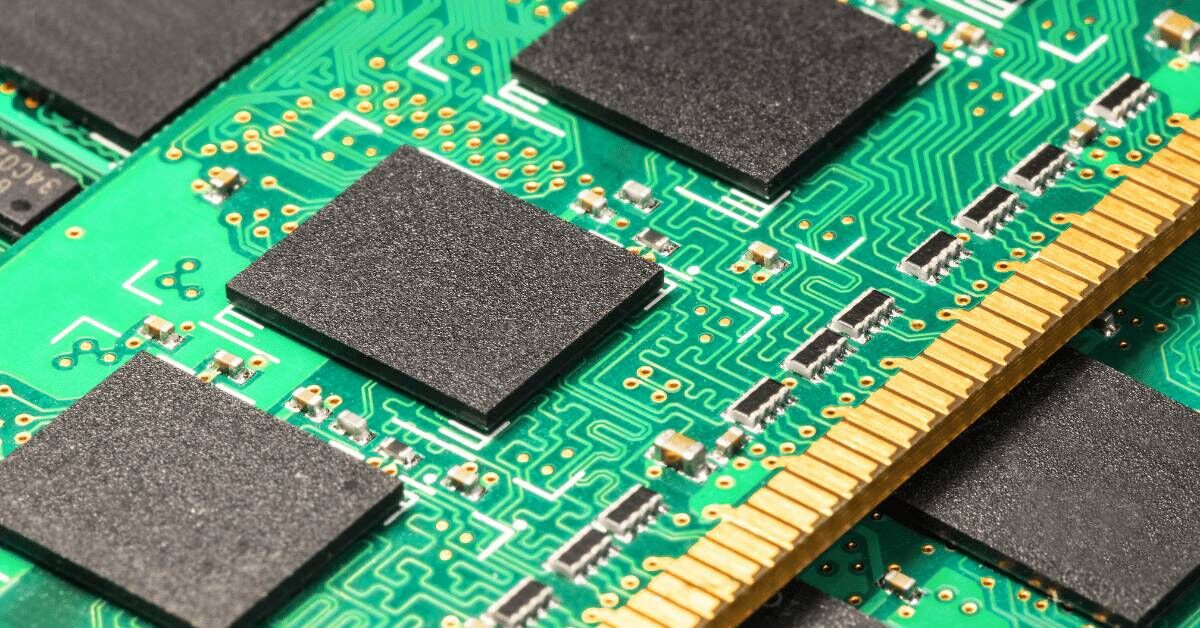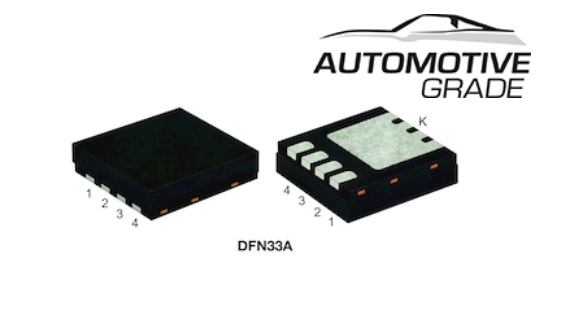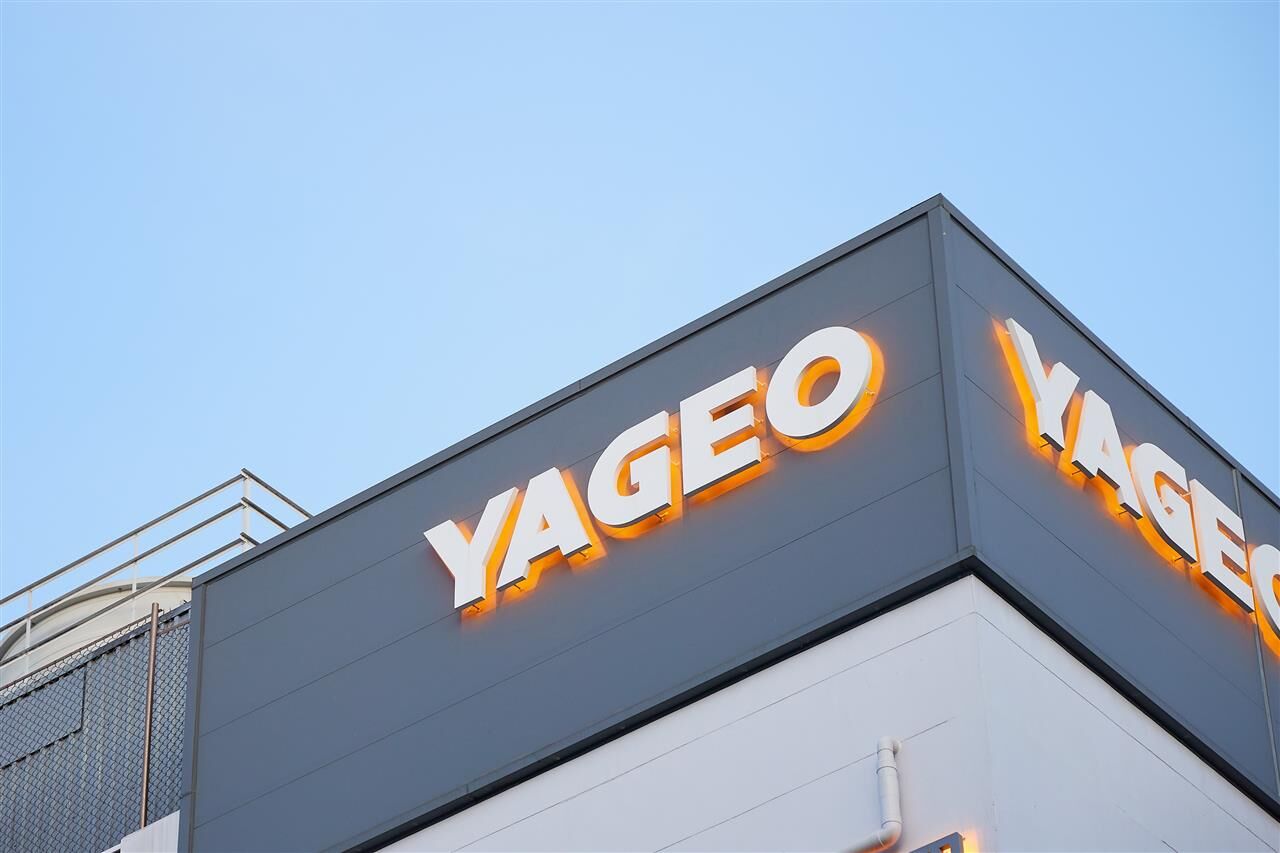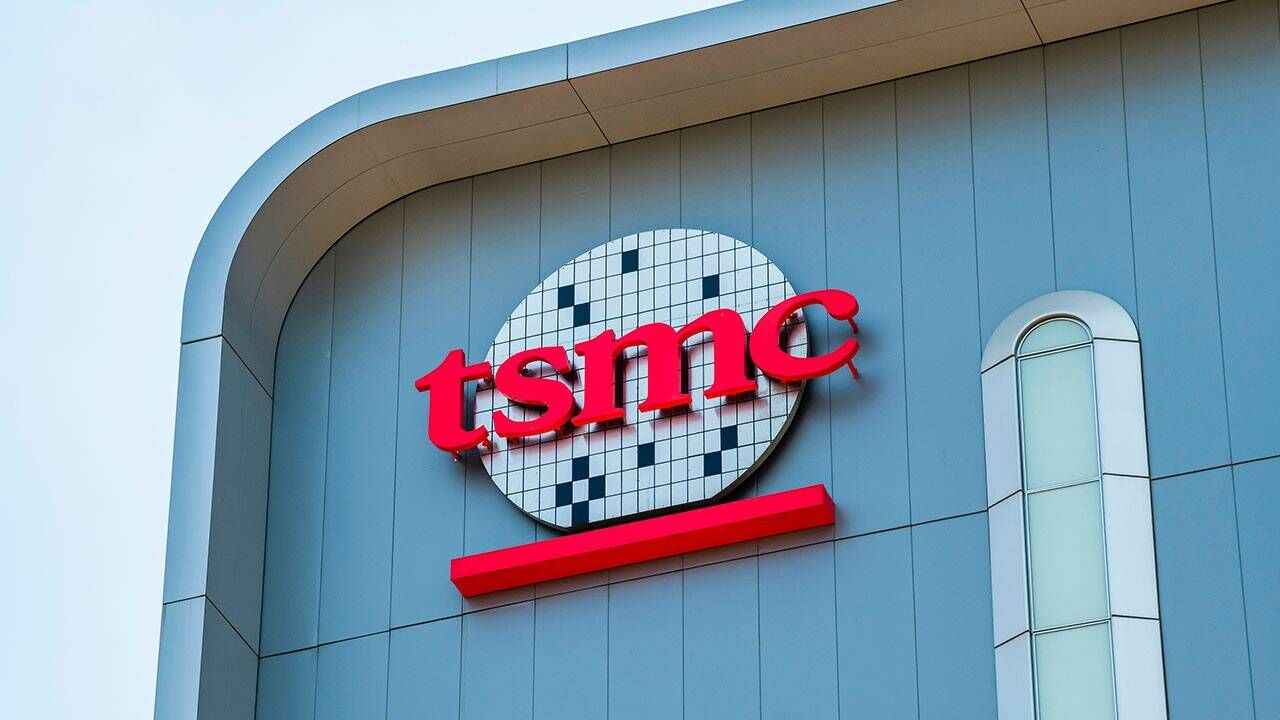December 11, 2024 /SemiMedia/ — According to the latest DRAMeXchange report, the average fixed transaction price for general PC DRAM products (DDR4 8Gb 1Gx8) fell to $1.35 by the end of November 2024, a sharp decline of 35.7% from $2.10 in July. This drop, driven by weak demand and increased supply, is expected to have significant repercussions for the semiconductor industry and related economic sectors.
Demand for IT devices, such as smartphones and PCs, has yet to recover, prompting major manufacturers to scale back DRAM inventories. Kiwoom Securities analyst Park Yoo-ak predicts further price declines through early 2025, potentially exceeding current projections due to ongoing weak demand.
Chinese manufacturers are intensifying competition in the DRAM market by leveraging aggressive pricing. For DDR4 products, Chinese companies are offering prices as low as $1 per unit, about half the market average. Although they lag behind South Korean manufacturers in advanced products like high-bandwidth memory (HBM), their cost-competitive strategy is reshaping the traditional DRAM market landscape.
DDR5 prices have also seen continued declines. By November, the average fixed price for PC DDR5 16Gb products fell to $3.90, down 3.7% from October and 16.1% from July. Industry experts warn that ongoing price reductions could erode the profitability of leading manufacturers such as Samsung Electronics. Prolonged weakness may also disrupt South Korea's multi-trillion-won annual semiconductor facility investments, potentially dampening the broader economy.
An industry insider cautioned that the semiconductor downturn, coupled with macroeconomic pressures, could lead to systemic challenges. They emphasized the need for policymakers to implement measures that reduce business uncertainties and foster a stable environment for the industry.
With DRAM prices expected to continue their downward trend into early 2025, the market faces a challenging period ahead. For economies heavily reliant on the semiconductor sector, such as South Korea, this trend poses substantial risks.












All Comments (0)